What Trump 2.0 might mean for China
Lianhe Zaobao correspondent Edwin Ong notes that a second presidential term for Donald Trump would probably mean an escalation of the US-China trade war, given Trump’s hardline stance in protecting US trade interests and doing whatever it takes to get China to toe the line.
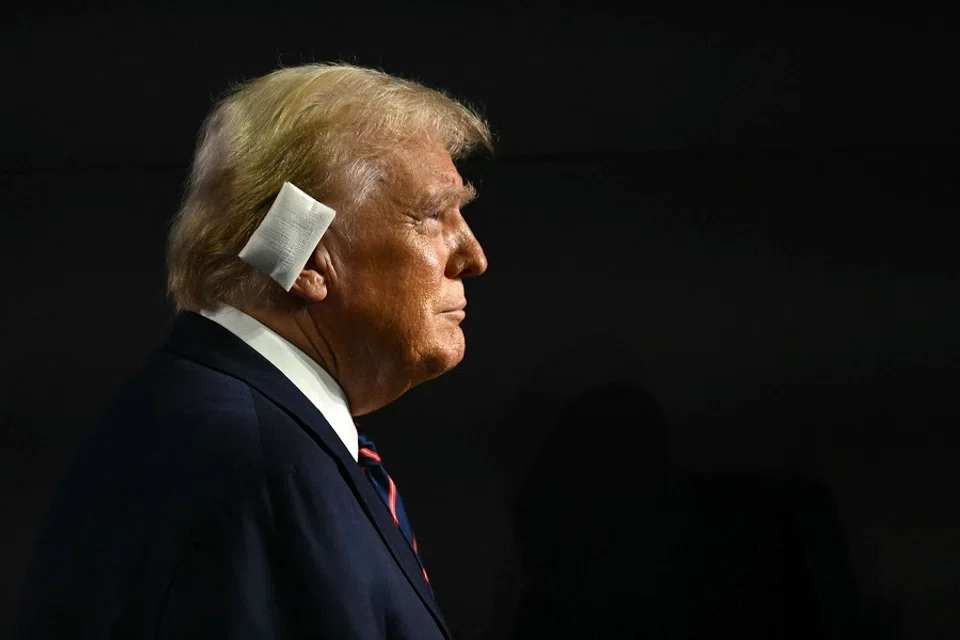
Former US President Donald Trump announced on 15 July that Ohio senator JD Vance would be his running mate for the upcoming presidential election. If the era of “Trump 2.0” kicks off, it would inject even more uncertainties into China-US relations.
Trump once declared that if he returned to the White House, he would impose a 60% tariff on all imports from China. Vance echoed this sentiment by stating: “China is the biggest threat to the US.” Hence, many observers have predicted that should this Republican ticket win the elections in November, a fresh trade war against China could be inevitable.
There has been much attention and public debate this week from observers in China on the prospect of an approaching “Trump 2.0” era.
What observers say
WeChat official account “Ming Shu Za Tan” (明叔杂谈) published a post on 17 July which pointed out that Trump is the “instigator” of China-US competition; if he were to be re-elected in November, Trump would surely exert “utmost pressure” on China to create bargaining chips for future China-US competition. This would lead to “intense and precipitous shifts” in China-US relations shortly after he takes office.
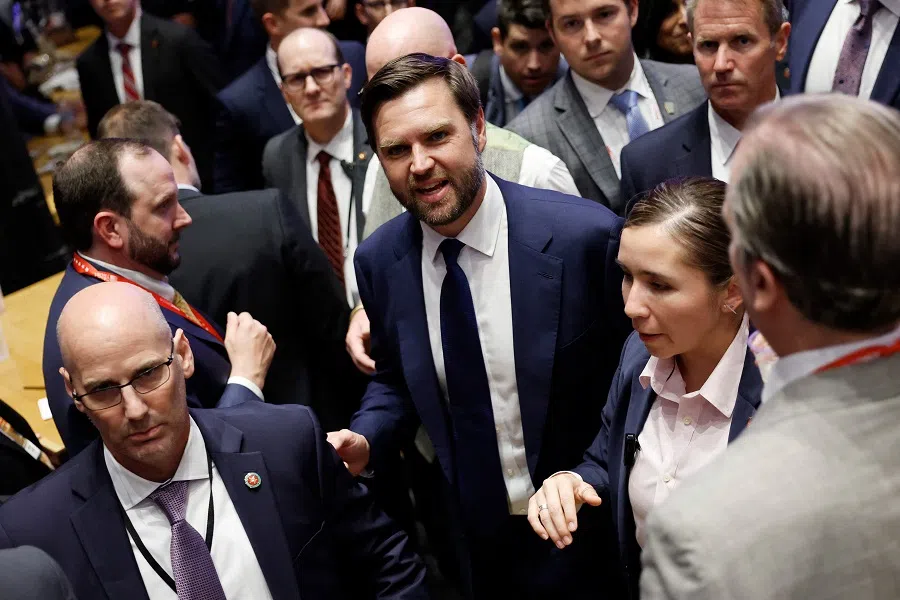
The post opined that in the “Trump 2.0 era”, the US would most likely target China in the area of trade. The trade war launched against China in 2018 would escalate in early 2025, and the risk for China and the US to move towards “a new Cold War” and “complete decoupling” would also increase. Even though the risk of direct full-scale military confrontation is not high, the US would likely continue to provoke and antagonise Beijing over the Taiwan issue.
If Trump returns to the White House, “the administration would definitely take the trade war with China to the next level, and the intensity of suppression will very likely surpass that of Trump’s first term”. — Associate Professor Li Mingjiang, RSIS, NTU
Academics’ views
In a Weibo post, Jin Canrong, a professor at the Renmin University of China’s School of International Studies, also said that “if Trump were to be elected, he would definitely pick on China”. What is more troublesome would be trade relations; if Trump were to crudely impose tariffs on China, it would “deal a fatal blow to China-US trade relations”.
Li Mingjiang, an associate professor at the S. Rajaratnam School of International Studies (RSIS) at Nanyang Technological University (NTU) in Singapore, analysed in an interview with Lianhe Zaobao that Trump, his aides and Vance are aligned in their views on the US’s trade relations with China. If Trump returns to the White House, “the administration would definitely take the trade war with China to the next level, and the intensity of suppression will very likely surpass that of Trump’s first term”.
According to Fu Fangjian, an associate professor at the Lee Kong Chian School of Business at Singapore Management University (SMU), even though Trump has threatened to raise tariffs for Chinese imports to US to 60%, “there is no way he can follow through”.
Fu pointed out that the US has yet to find an alternative source to replace Chinese goods. Raising tariffs would certainly worsen the inflation problem, severely undermining the purchasing power of lower and middle-class American consumers. Trump would also perpetuate the Biden administration’s unfavourable image in combating inflation.
What Trump might do
US think tank American Action Forum estimated that imposing a 60% tariff on Chinese goods would result in an increase of US$1,950 for household costs for families in the US.
Trump’s approach in containing China is one that does not take into consideration ties with allies, and this would create an opportunity for China to repair its relations with Europe and other countries in the Asia-Pacific... — Li
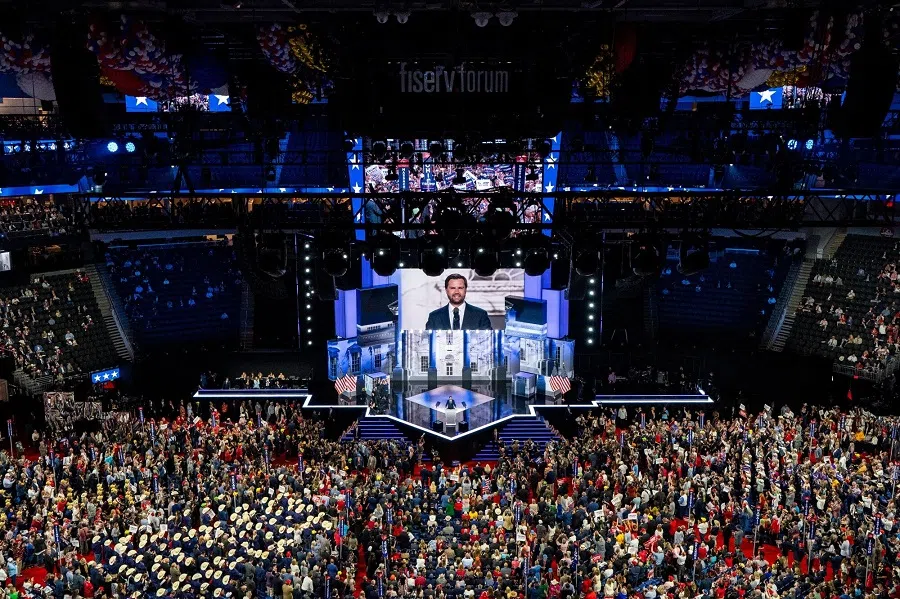
In Fu’s view, Trump’s immense pressure on China is to gain bargaining chips in trade negotiations, to compel China to buy more US agricultural products, energy and so on, in order to change the trade imbalance between the two countries.
He pointed out that recently, China has begun to cut down on the purchase of US soybeans, among other agricultural products, which could be setting the stage for Trump’s possible return to the White House, carving out “leeway” for future trade negotiations with the US through creating a certain level of demand.
Li opined that Trump may not continue with the Biden era policy of “de-risking”, and could pick up the pace when it comes to “mass decoupling” from China in trade, investment and finance, to accelerate the return of industries to the US.
Those interviewed felt that even though both Biden and Trump view China as a threat, the latter perceives it more from an economic perspective, while the former perceives it more from a geopolitical strategic viewpoint.
Li analysed that Trump’s approach in containing China is one that does not take into consideration ties with allies, and this would create an opportunity for China to repair its relations with Europe and other countries in the Asia-Pacific, and create more room for cooperation.
In recent years, China has continually pushed for export diversification, emphasising emerging markets such as the Middle East and Central Asia to deal with the impact of the trade war. Li believed the trade war accelerated Chinese businesses’ outward expansion to evade tariffs. However, the relocation of businesses overseas is exacerbating challenges for the Chinese economy, as there is a need for substantial investments in local production to enhance employment and fiscal stability.
Trump would ask Beijing to offer incentives on trade in exchange for the US reducing its military support for Taiwan. — Associate Professor Fu Fangjian, Lee Kong Chian School of Business, SMU
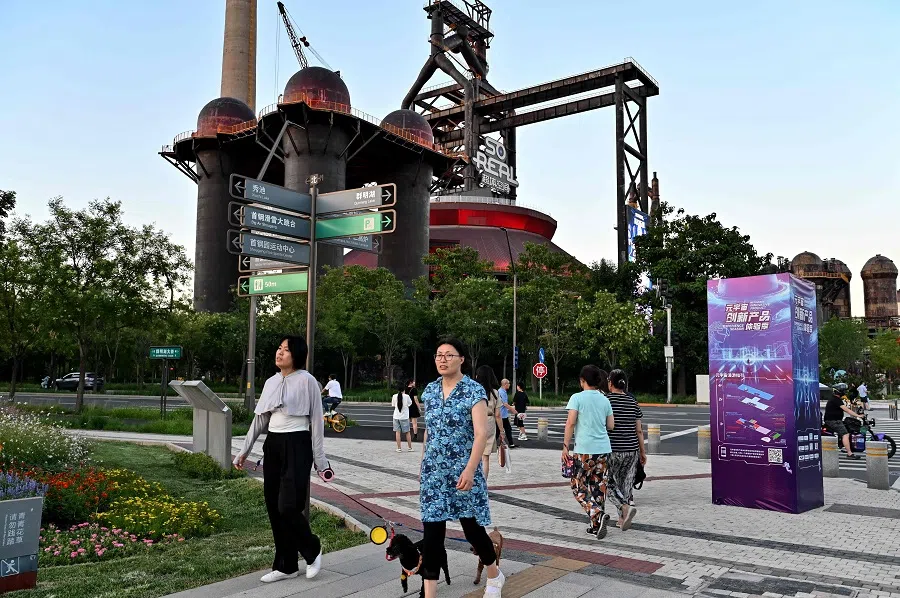
Li assessed that if Trump assumes office, the trade war would escalate, further intensifying the trend of local businesses venturing abroad and weakening foreign investment. This would pose a huge challenge for China’s economy. The relationship between China and the US may significantly deteriorate, and the tussle over security issues in the Asia-Pacific between the two countries is unlikely to ease.
In an interview with Bloomberg Businessweek published on 16 July, Trump pointed out that “Taiwan should pay us for defence”, leading external observers to question his attitude with regard to defending Taiwan.
Fu felt Trump would seek to “gain from both sides” on the Taiwan Strait issue: on the one hand, Trump would ask Taiwan to greatly increase its purchase of weapons and raise its defence budget, while on the other hand, Trump would ask Beijing to offer incentives on trade in exchange for the US reducing its military support for Taiwan.
However, Li felt that Trump’s national security team is filled with China hawks who may not necessarily agree to use Taiwan as a “geopolitical card” to suppress China.
This article was first published in Lianhe Zaobao as ““特朗普2.0”时代或升级对华贸易战 分析:中美经贸将大幅脱钩”.
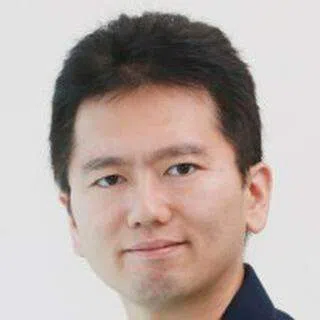

![[Big read] When the Arctic opens, what happens to Singapore?](https://cassette.sphdigital.com.sg/image/thinkchina/da65edebca34645c711c55e83e9877109b3c53847ebb1305573974651df1d13a)


![[Video] George Yeo: America’s deep pain — and why China won’t colonise](https://cassette.sphdigital.com.sg/image/thinkchina/15083e45d96c12390bdea6af2daf19fd9fcd875aa44a0f92796f34e3dad561cc)